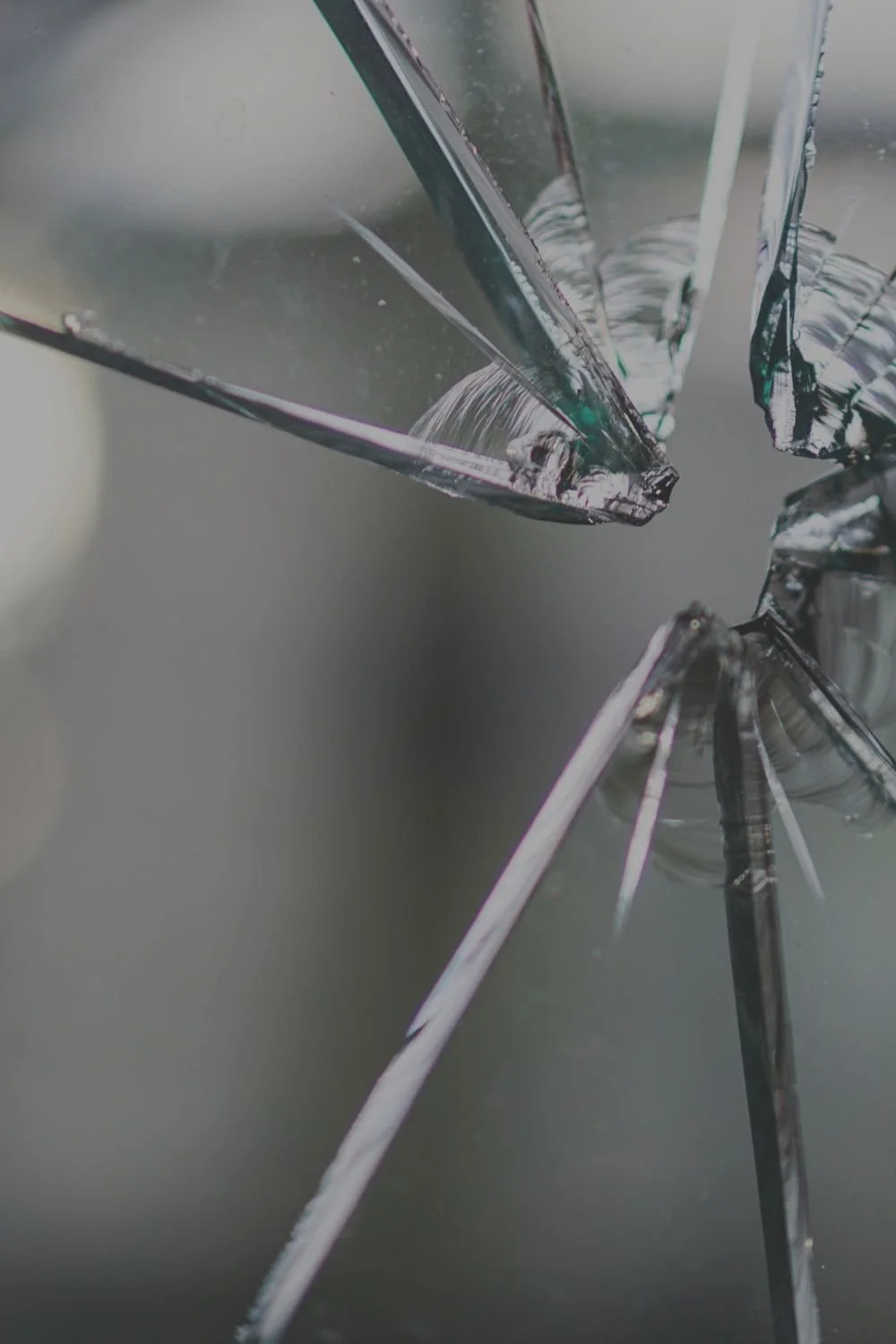Maximize your ketamine therapy success by avoiding these 10 common mistakes that can derail your healing journey. From proper preparation and intention setting to integration and choosing the right clinic, learn what to do instead of what not to do for transformative results.
11 Insights on Ketamine Therapy & Psychedelic Medicine From MAPS Psychedelic Science 2023
How to Prevent A Bad Ketamine Trip
The 7 Types of People Who Should NOT Get Ketamine (2022 Update)
When Should I Not Get a Ketamine Infusion?
Although Ketamine is a great alternative treatment option, it may not be for everyone. Because of how powerful Ketamine can be, certain conditions or medications may not react well with the infusion. Making it harmful to some individuals. A Ketamine experience should be a healing experience. That is why it is important to know If Ketamine may or may not be an option for you.
Is Oral Ketamine A Good Alternative To Ketamine Infusions?
3 Tips For Explaining Your Ketamine Treatments To Friends and Family [2021 Update]
Applying Maslow's Hierarchy to Ketamine Treatments
In the 1930’s, psychologist Dr. Abraham Maslow began studying human beings who were living their full potential. Previously, the primary focus for psychologists and psychiatrists was looking at those who suffered from depression, anxiety, and other mental illnesses.
Dr. Maslow’s approach was radically different in that he was looking at the positive qualities of psychology, and this later came to be known as positive psychology. He wondered what made some people live exceptional lives? Furthermore, what were the traits of those people who seemed content with their lives?
How Ketamine Affects The Default Mode Network
What’s The Default Mode Network?
The default mode network (DMN) describes various portions in your brain that seem to get activated when your mind is in a passive, non-task oriented state. So it might be when you're just relaxing, daydreaming, thinking about the future or the past without a specific goal. Some people hypothesize that this is actually where the ego may reside and also where we hold a lot of these internal beliefs that may not be supporting us. So for example, you might habitually be saying to yourself, "I'm not good enough" or "I'm not worthy " or "I don’t deserve that.” These automatic thought patterns may be stemming from your default mode. You're not consciously trying to think of this but it just reflexively comes up.
10 Reasons To NOT Try Ketamine Infusions
Exploring the Unconscious Mind During a Ketamine Infusion
What is the unconscious mind?
Each individual has a conscious (what we are aware of) and unconscious (what we are unaware of) part of the mind. Sigmund Freud once described the mind using the metaphor of an iceberg. When you look at an iceberg you'll see the top of it above water which can be quite big, but when you look underneath deep down into the ocean you'll see a larger amount of the iceberg. What's interesting is the vast majority of the iceberg is actually underneath and invisible. Freud uses the iceberg metaphor to describe the conscious mind and the unconscious mind. The conscious mind is the visible portion and the unconscious mind is the portion not visible above water. The unconscious mind controls a lot of what we think and how we behave. And we're simply unaware of it.
3 Reasons Why Your Doctor Isn’t Telling You About Ketamine [2020 Update]
You may have met someone who has benefited from ketamine for chronic pain or seen a video about how ketamine works to alleviate depression and anxiety. So you get all jazzed about trying ketamine infusions for yourself and you approach your doctor about it. Instead of getting helpful information and support to pursue infusions, you get a cold reception, a flat out “no”, or a simple shrug of the shoulders.
Why You Should Consider Ketamine Infusions for Depression [2020 UPDATE]
Ketamine is shedding it’s old reputation and gaining a new life as an effective and rapid treatment for depression, PTSD, and anxiety. Some researchers even state that ketamine is "the biggest breakthrough in depression research in a half century.” You may have read news articles, seen videos on YouTube, or perhaps have even heard of a ketamine infusion clinic near you. But should you consider trying it for your own depression?
The Four Types of Experiences You May Have With Ketamine [2020 Update]
Are Repeated Ketamine Treatments Safe For Depression?
According to the World Health Organization, depression has now surpassed HIV, AIDS, malaria, diabetes, and war as the leading cause of disability. It is estimated that 16.2 million Americans have experienced a major depressive episode, and depression is much more common in females than males. Some studies report up to 20% of teenagers experiencing depression before they reach adulthood, and statistics are showing that it’s actually increasing.
Furthermore, with the current COVD-19 pandemic, civil unrest, and heightened stress levels worldwide, our psychological health is challenged even more. Experts are anticipating significant impacts in the rates of anxiety and depression.
What's The Right Ketamine Infusion Dose?
Ketamine's Potential Role in the Treatment of COVID-19
COVID-19 has taken the world by storm, and with the rush of new trials, medications, and treatments, everyone is hoping for a miracle drug or vaccine. But with the rush and urgency for a treatment, doctors had to result with what is currently available and repurposing drugs that are originally intended for a different disease. They have tried drugs such as hydroxychloroquine, antivirals, antibiotics, and vitamins. It’s a tough battle to fight, as they need medication that will stop the disease from progressing and treat those patients that have fallen dangerously ill. With severe economic impacts and a push to “open-up” states, doctors and researchers are rapidly developing trials to find out which medications may be the most effective.
When Should I Get a Ketamine Booster?
We often get asked this question: "How long is the time frame between ketamine booster infusions?" The real answer and it’s no surprise is... it depends.
As you already may know we recommend an initial six treatments over a period of two to three weeks. This is based upon the evidence from the clinical studies. Then depending on your response and how you feel, you may need a booster anywhere from every two weeks to every four weeks, sometimes even out to two or three months after the initiation series.
Should You Eat or Drink Before A Ketamine Infusion?
In this post, we wanted to share with you a question we’ve been asked several times: "What is your opinion on eating/drinking before ketamine infusions?”
No Drinking or Eating For At Least 3 Hours
At our clinic, we typically recommend that someone does not eat or drink for three hours prior to their ketamine treatments. Why? Well, some of the side effects of ketamine is nausea and vomiting.







![3 Tips For Explaining Your Ketamine Treatments To Friends and Family [2021 Update]](https://images.squarespace-cdn.com/content/v1/5a8dfbc1cf81e0fb77ead442/1627283232364-2MKID8QGQR4LFC655BTJ/3+Tips+to+Explain+Your+Ketamine+treatment+to+Friends+and+Family+%28without+words%29.jpg)




![3 Reasons Why Your Doctor Isn’t Telling You About Ketamine [2020 Update]](https://images.squarespace-cdn.com/content/v1/5a8dfbc1cf81e0fb77ead442/1520489352243-F0H3L98Q4GQE6S5EA3GR/IMG_9684.jpg)
![Why You Should Consider Ketamine Infusions for Depression [2020 UPDATE]](https://images.squarespace-cdn.com/content/v1/5a8dfbc1cf81e0fb77ead442/1519943692485-0B3UWB5F75RGVGHOJK85/pexels-photo-847483.jpeg)
![The Four Types of Experiences You May Have With Ketamine [2020 Update]](https://images.squarespace-cdn.com/content/v1/5a8dfbc1cf81e0fb77ead442/1519853468092-YIIPMI8VWKZMGFE35QGV/pexels-photo-357891.jpeg)





